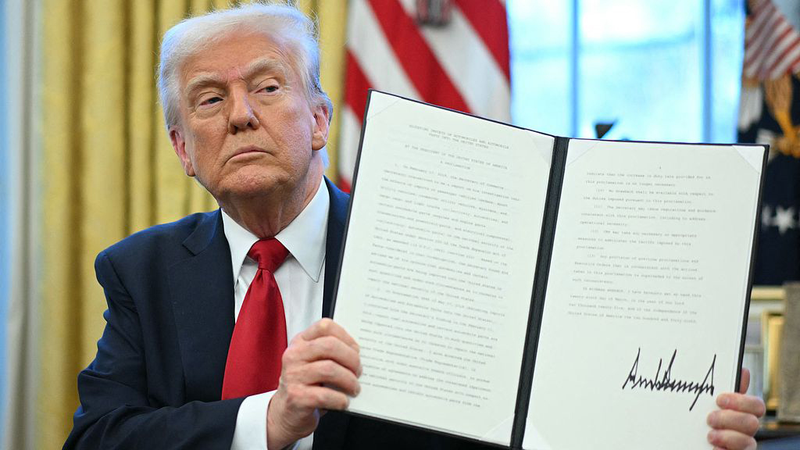In a bold economic move, U.S. President Donald Trump announced plans to impose a 25% tariff on all imported automobiles. The tariffs are set to take effect on April 2, marking a significant policy shift aimed at stimulating domestic production.
Trump believes the new tariffs will encourage more automobile manufacturers to shift production to the United States. This strategy is designed to generate additional government revenue, create jobs, and help reduce the national debt.
However, economists warn that the tariffs could lead to higher car prices for consumers who are already burdened by elevated costs. This debate highlights the challenges of balancing domestic economic growth with international trade dynamics.
As the news spreads, industry leaders and global citizens are watching closely to see how this policy will reshape the auto market and influence broader economic trends. The decision has sparked a lively conversation on the future of manufacturing and consumer affordability in an increasingly interconnected world.
Reference(s):
Trump plans to impose 25% tariff on imported automobiles on April 2
cgtn.com




